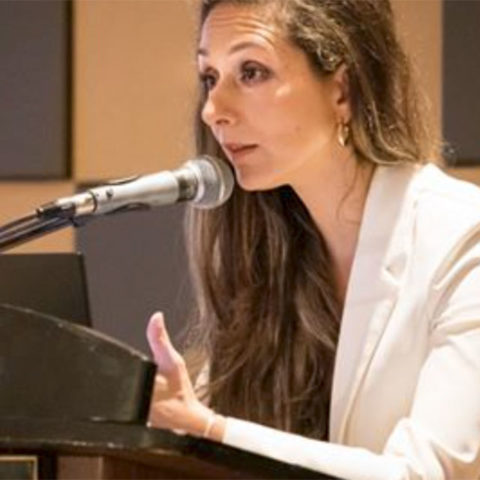
UN Special Rapporteur and the right to health
This month, UN Special Rapporteur Alice Cruz delivered her annual report to the UN Human Rights Council. The report, entitled Right to the highest attainable standard of physical and mental health for persons affected by leprosy and their family members, is available here in English, French and Spanish.
Ms Cruz’s report points out WHO defines health as a state of complete physical, mental and social well-being, and the Universal Declaration of Human Rights connects health and well-being to a dignified and secure standard of living, encompassing access not only to food, clothing and housing, but also to medical care and social security. Yet the biomedical approaches that prevail in national health systems dramatically narrow these definitions to disease-centred approaches that often involve unequal power relations, especially for traditionally stigmatised groups such as persons affected by leprosy.
National leprosy programs typically equate cure with the completion of a course of treatment. But many persons affected by leprosy say that, even though health-care workers say they are cured, they do not feel healed. They point to a different reality: ongoing leprosy reactions, a lifelong risk of disabilities caused by nerve damage, and the cruel reality of stigmatisation and social exclusion. Yet the health system classifies them as ‘treatment completed’ and often fails to provide the physical and mental health and disability services that they need to live a healthy life. As a woman interviewed by Ms Cruz said: ‘Stop saying that this disease is curable! It is not! One cannot ever go back to living a normal life.’
In order to understand these issues from their perspective, the Special Rapporteur issued a comprehensive survey which attracted responses from 174 people with personal experience of leprosy living in 31 countries. Their responses demonstrate that a new, bottom-up narrative is needed. This involves healthcare systems adopting a people-centred approach in which those who have experienced leprosy are active participants in interpreting the right to health from their perspective. As the research shows, this perspective is typically around what it means to enjoy opportunities in life on an equal basis with others, without discrimination and violence, accessing the health-related services that they need, when they need them.
ILEP supports the Special Rapporteur’s report and the wide-ranging recommendations included in it. ILEP supports her call for national consultative committees that enable people affected by leprosy to be at the centre and to articulate what the right to healthy lives really means for them. Notably, this will include not only access to basic services such as MDT treatment, but also access to ongoing services that tackle the physical and mental complications of leprosy, and to activities that ensure their human rights are respected. ILEP joins the Special Rapporteur in calling on Member States to adopt country-owned political agendas that not only combat leprosy as a disease, but equally protect, promote and fulfil the rights of people affected by leprosy to the highest attainable standard of physical and mental health.